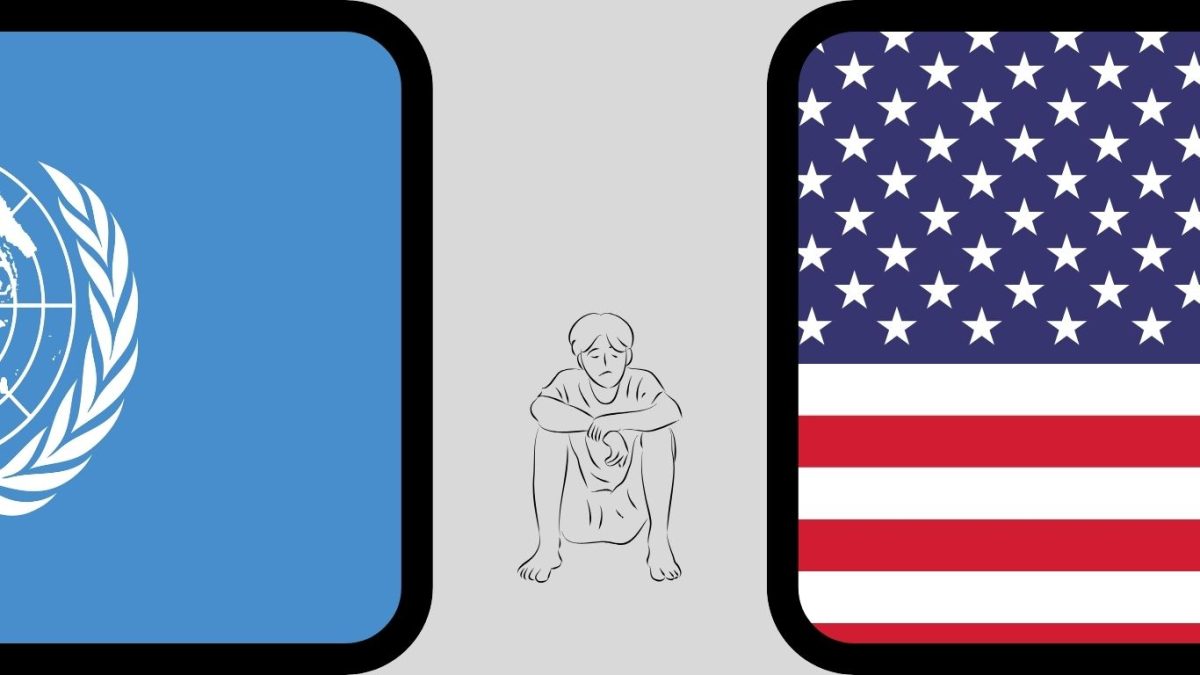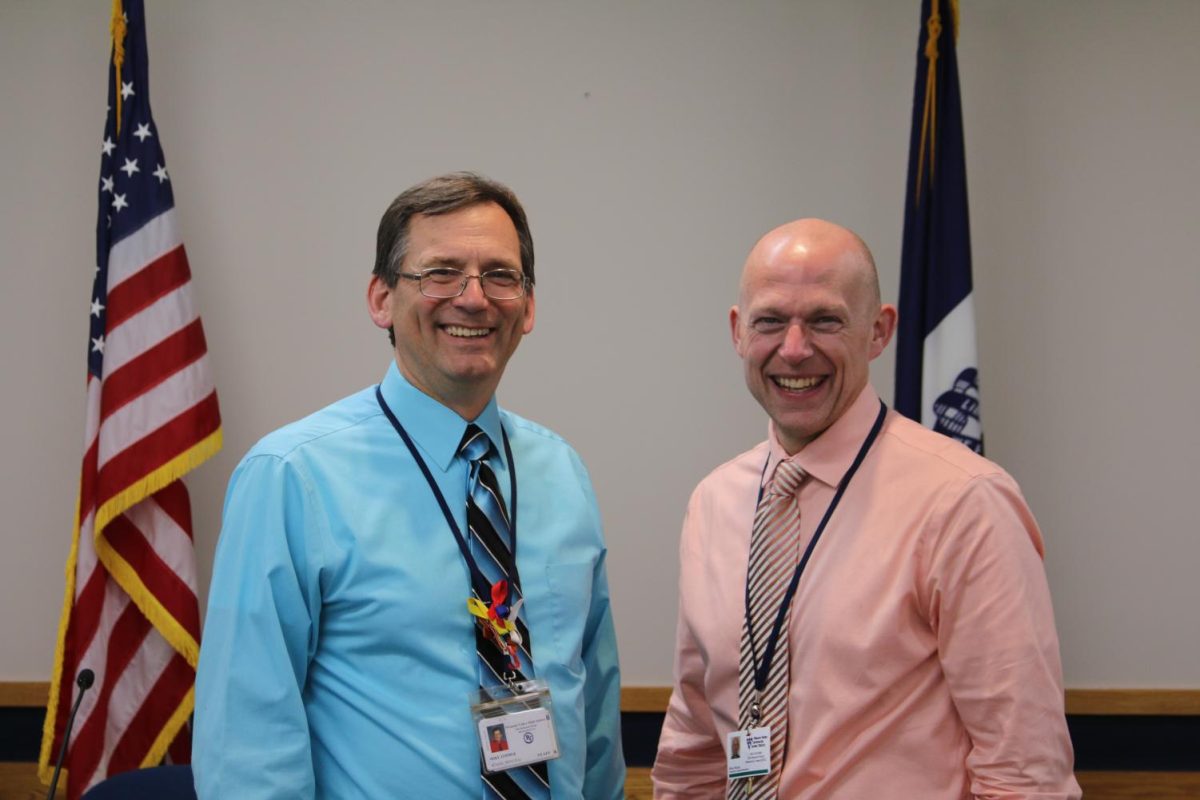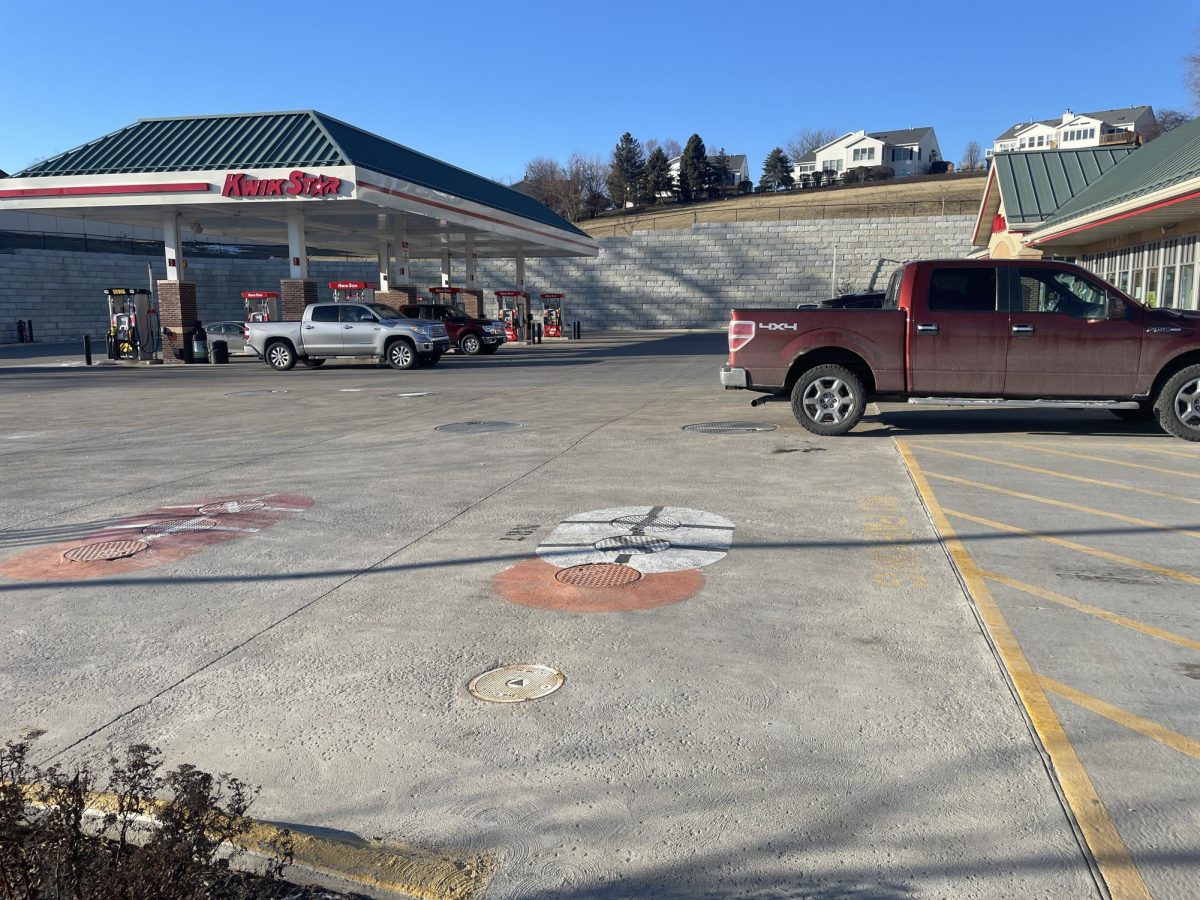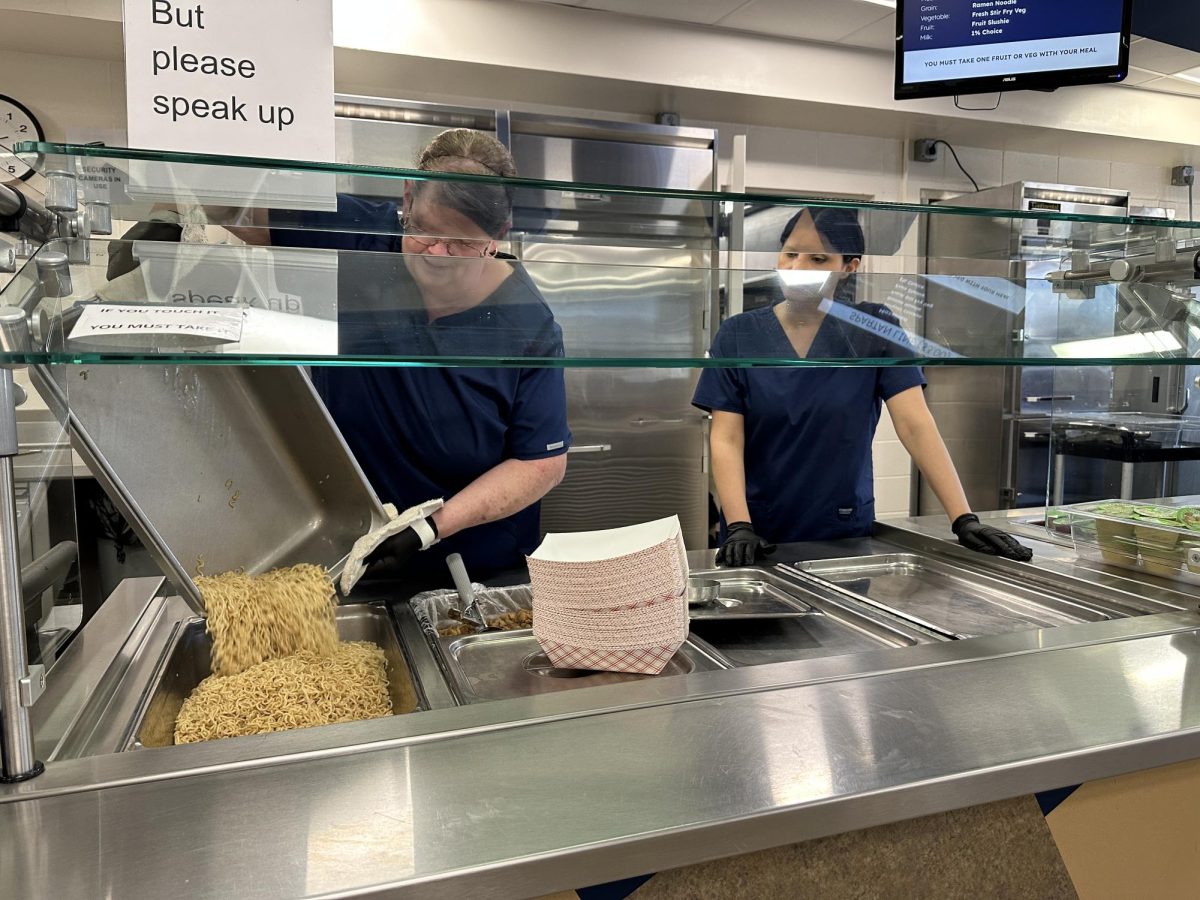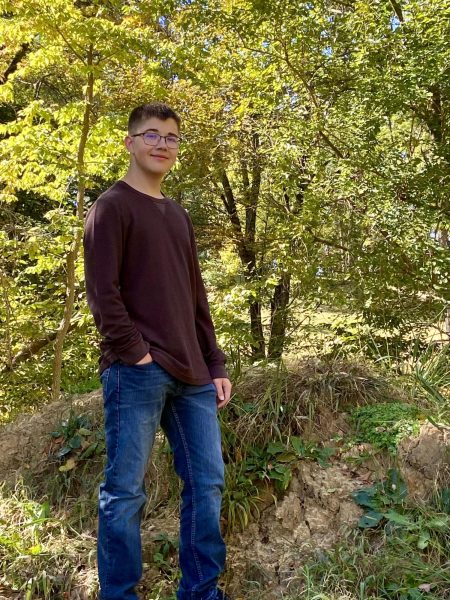On Jan. 20, newly reelected President Donald Trump was inaugurated and immediately issued a series of 26 executive orders.
A particularly notable part of the set was entitled “Protecting the Meaning and Value of American Citizenship,” which states that children born to a mother who illegally entered the country and a non-citizen father shall not receive citizenship in the United States of America.
However, the policy’s second point, which says children of temporary residents will not have birthright citizenship, concerns PV families.
Rithik Vijaykumar, a senior at Pleasant Valley, is one of the many individuals who are concerned.
“There are so many families in PV that aren’t permanent residents, much less citizens. Many of my friends were born in the United States under their parents’ work visas, and some have even voted,” Vijaykumar shared. “If this order survives the Supreme Court, the future children of our community won’t have the rights and privileges given to us growing up.”
This would undo parts of the 14th Amendment, which allows anybody born anywhere in the U.S. to become a citizen. The Supreme Court has historically upheld this amendment, including in cases like U.S. vs. Wong Kim Ark. Should the Supreme Court uphold President Trump’s order, it would undo centuries of governmental standards.
Another major problem potentially facing temporary migrant communities in the Quad Cities is what country the children of non-citizens would have citizenship in. Should somebody not gain citizenship of any country, they are considered stateless residents and would not have access to education, healthcare, or be employed.
“What this order has done is make it incredibly tedious for people on work visas to have children,” Sophomore Ganesh Maridu said. “If these people want to reproduce, now they have to go through a long process to either gain American citizenship or the citizenship of their home country for their children. It’s an even more annoying experience if you want both.”
The future of PV students’ families is unknown as fear spreads regarding what might happen next. “It’s frightening to see our government start to work against us, but until it’s implemented, we can’t truly understand how badly our families and lives may be impacted,” Vijaykumar disclosed.
Many state attorneys are currently attempting to fight against the order, but it will be a while before the events fully play out and the tangible effects on Quad Cities families will be seen.
This order will become effective on Feb. 19, assuming that state and federal courts don’t reject it.


